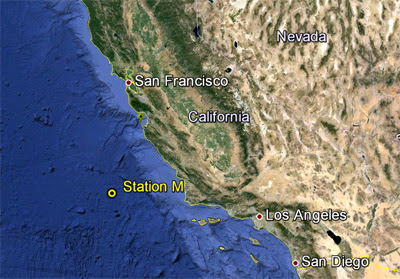Richard Ingrams, in The Oldie (January 2014 issue): "Any commentator hoping for a quiet life should avoid writing about Israel, Scientologists and badgers."
I had originally planned to write a spoof combining all three, but in fact there is a connection to be made between the first and last: according to a recent report,
bovine tuberculosis has begun to spread into the West Bank.
Until recently,
Israel has been clear of the disease. But it's certainly not clear of badgers. According to the
IUCN, the Eurasian badger,
meles meles, our beloved British Brock, is found in northern Israel down to Haifa, and the honey badger,
mellivora capensis, is all over the State, so their geographical distributions overlap to a degree. It's not inconceivable that if the brocks of the eastern Med have TB, they may indirectly have transmitted it to honey badgers, and so on to cattle.
We can just about drag the Scientologists into this if we agree
with them that "all illness in greater or lesser degree and all foul-ups stem directly and only from a PTS condition", i.e. mixing with
"Suppressive Persons" who try to oppose the Scientologist's quest for self-betterment. This psychological/spiritual explanation of disease is shared by
Christian Scientists, among others, and I'm pretty sure a positive frame of mind and supportive social relations do help the immune system. In that case, a fig for disease.
But why does bovine TB matter?
It can spread to humans, but aside from breathing in the exhalations of infected animals, or negligent hygiene when handling them or processing their meat, or drinking their untreated milk, the risks are low. If present in meat, the bacterium is killed by cooking.
The Rural Economy and Land Use Programme (RELU) cites none of these in its explanation of why bTB is a concern,
saying instead:
Why does bovine tuberculosis matter?
The increase in the number of herds affected and the spread of infection across the UK has impacts upon:
— Farm productivity.
— Mental health and wellbeing of farmers, frustrated by control programme culling of apparently healthy cattle.
— Health and welfare of animals, because effort is focused on the control programme, rather than on the development of good herd health strategies.
— International trade agreements, if herds testing positive reach a critical level.
— Public expenditure, at a time when budgets are under extreme pressure.
Seems like all except the first are to do with drawbacks of the control programme, rather than the disease. Not enough to justify the mass slaughter of
meles meles, perhaps.
All original material is copyright of its author. Fair use permitted. Contact via comment. Unless indicated otherwise, all internet links accessed at time of writing. Nothing here should be taken as personal advice, financial or otherwise. No liability is accepted for third-party content, whether incorporated in or linked to this blog; or for unintentional error and inaccuracy. The blog author may have, or intend to change, a personal position in any stock or other kind of investment mentioned.

















.JPG)